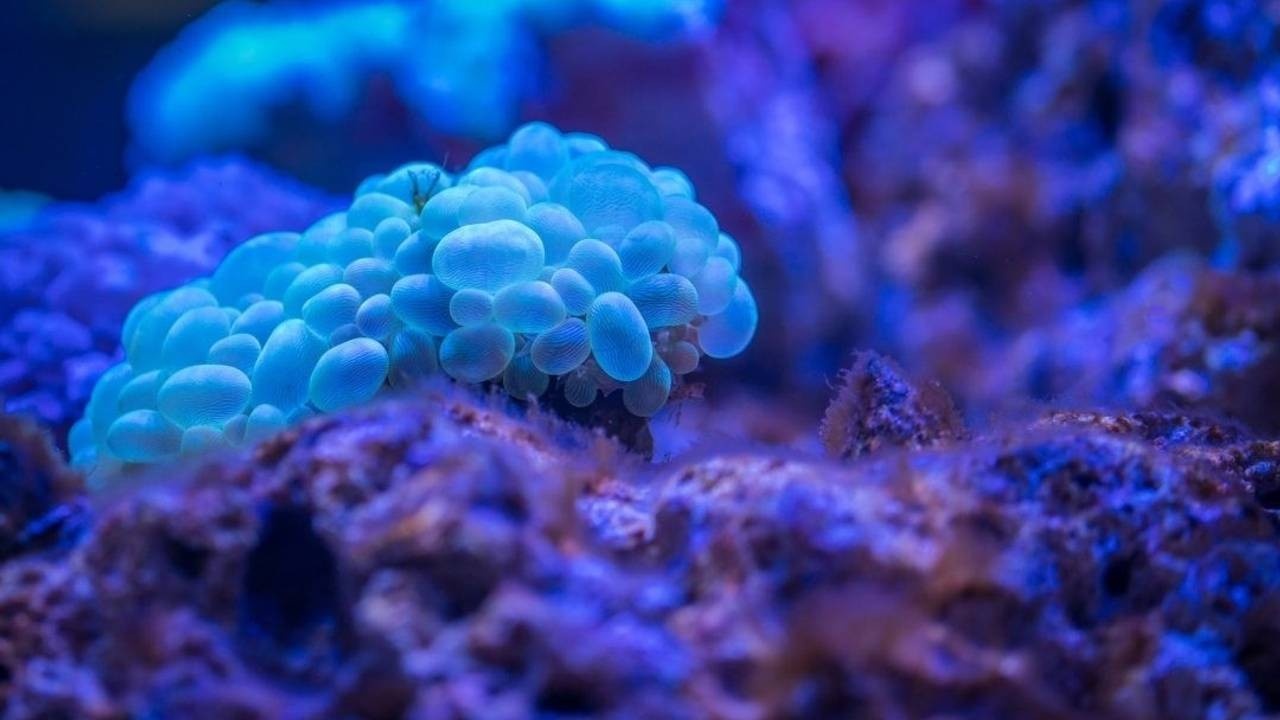The Microbiome 101
Dec 06, 2021
There is exists inside of us over 30-100 trillion bacteria (also fungi, viruses, and archaea), outnumbering our own cells in a ratio of 3:1. Our microbiome contains 150 times our genetic information and the overall volume is 4.5 pounds! Though the walls of our intestinal track seem to be overrun with these commensal freeloaders, we seek to gain much from our internal neighbors.

An obvious benefit of these little buggers is the benefit of food digestion. These symbiotic organisms help us turn our steak into amino acid building blocks for muscle, growth, and carbs to fuel our workouts. They also generate short-chain fatty acids (acetic acid, butyric acid, and propionic acid) that serve mineral absorption and fuel the small bowel. This fuel allows for our small bowel to remain an appropriate thickness and prevent bad bacteria from leaking into our bloodstream, causing life-threatening infections. Our gut microbiome also helps to rebalance our immune system and fight off bad infections. Kind of like fighting fire with fire huh?!
Much literature is evolving regarding the role of the gut microbiome in human illness and wellness. Conditions like Crohn’s, Ulcerative colitis, Irritable bowel syndrome, and obesity have roots in the dysregulation of our gut bacterial species. Though not curative, alterations in such bacteria may be associated with improvement in symptoms and disease states.
Let’s walk together through this complex group of internal pals, their roles in health and illness. Over the next page, we will also teach you the best way to keep them happy, healthy, and diverse, which will serve you the same.
Composition
There exist in our guts 5 main tribes of a bacterium: Bacteroidetes, Firmicutes, Actinobacteria, Verrucomicrobio, and Proteobacteria. The composition is determined at birth condition, with geographic, environmental, and dietary influence. Individuals living in the western world with our typical low fiber processed diet have low diversity in our microbiomes. This can play a role in many of the health conditions that we see today.
Largely Bacteroidetes and Firmicutes rule the majority of most microbiomes. Bacteroidetes are relatively resilient bacteria, which is less efficient at extracting energy from carbohydrates. As a result, a higher proportion of these bacteria are seen in the non-obese population. If you can’t get energy from the carbs without burning fuel, you cannot have too much to store, which is the basic concept of obesity.

On the other hand, Firmicutes are more susceptible to environmental change and thus more efficient at extracting energy from carbs. You guessed it, more of these are found in obese people. Given this information you want more Bacteroidetes than Firmicutes, right? Well, the relationship is not that straightforward.
Interestingly enough though these bacteria (Bacteroidetes) are also found in large amounts, for those with a vegetable-based diet or hunter-gatherer diet. Low amounts of Bacteroidetes are seen in people with inflammatory bowel disease (IBD) like Crohn’s or Ulcerative colitis, as well as diabetes. So, the association between these organisms and your health is not linear.
The other smaller representatives of your gut bacterial community tend to be less resilient. Actinobacteria tend to thrive in ecologically diverse situations (variable dietary sources) and are more of these are a sign of bacterial diversity which can = good. Proteobacteria live in the mucous border of your gut and may be related to IBD. Verrucomicrobia has been implicated in immune signaling and health.
What Does the Biome Do?
The short answer…almost everything. Again, the biome outweighs our genetic and cellular information by multiples. As a result, our interaction with the biome can greatly influence our behavior, fitness, and wellness.
At the start of it all, the microbiome we acquire through birth and through breastfeeding can greatly impact our psychology. There are also certain bacterial species that actually make various neurochemicals, which impact your gut movement and your mental health.

The composition of your gut bacteria can also impact your overall wellness. This is done via changing insulin and satiety (sense of fullness) hormones. Microbiome composition can change not only your overall sense of fullness but the food that you crave, which clearly can impact your food choices.
Your microbiota can easily impact your feeling of inflammation and gut health. Pending the composition, the main bacteria located in your gut can comprise of gas-forming and/or pathogenic or diarrheal-inducing bacteria (ones that cause diseases like Clostridium difficile or C diff). This can result in severe disease states, and functional diseases such as irritable bowel syndrome, gluten sensitivity, and gas-bloating syndrome. The good news is that despite the many impacts the biome has on you, some of which are scary, YOU HAVE THE POWER of REMODELING YOUR MICROBIOME or #altbiosis.


